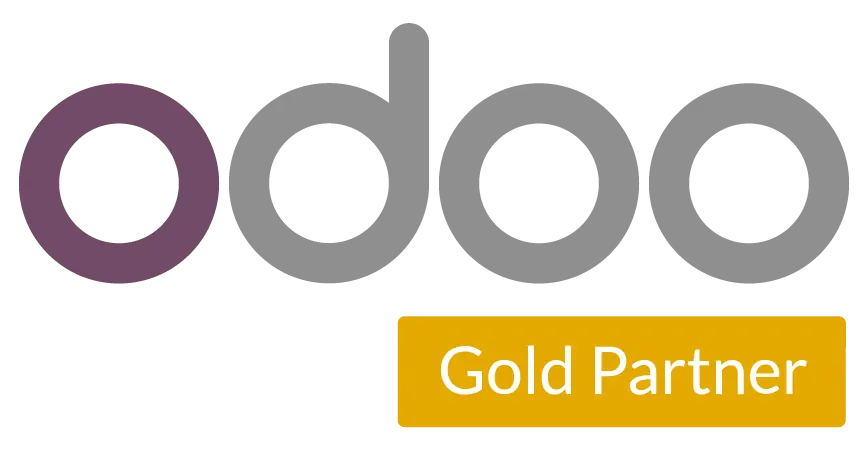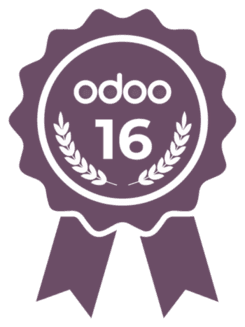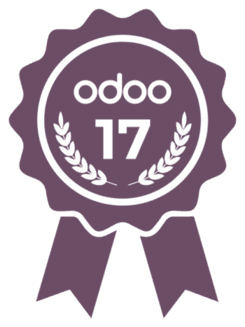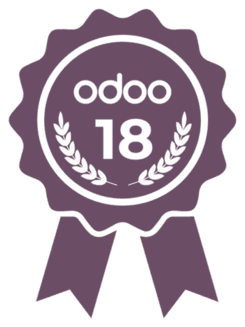ERP and CRM are perhaps the most popular acronyms in the modern business environment. But are they really as effective as they are said to be? Is it possible to achieve profitability without complex systems? And what does automation that really brings results look like? Let's try to figure out what ERP and CRM mean for business.
ERP and CRM for business: minus human factor, plus stability
An ERP system is the core of internal business processes. Its main task is to automate typical operations and reduce the influence of the human factor. It is human error that is most often the cause:
- disruptions in the supply chain
- delays in deliveries
- loss of important information
An automated system, unlike a human, will not forget a deadline or make a mistake in documents. This guarantees accuracy, speed, and transparency in daily work.
Conclusion: ERP is not just a convenience. It is a strategic investment in the stability and growth of the company.
Why is Odoo ERP for business the best choice?
Not all ERP systems are the same. You need to choose one that:
- fits your niche
- does not require tens of thousands of dollars to launch
- easily scalable
System Odoo ERP combines:
- modular architecture
- open program code (possibility of customization)
- built-in CRM system
- a wide range of modules for sales, warehouse, procurement, finance, etc.
Odoo = ERP + CRM in one environment. This reduces costs, avoids duplication of data, and increases the efficiency of the entire team.
How Odoo integration works in wholesale business
One of the key advantages of Odoo is the ability to quickly adapt to the business of any industry, including wholesale trade. A typical implementation scheme looks like this:
1. Analysis of the company's needs
We determine which processes need automation: procurement, warehouse, sales, logistics.
2. Module configuration
We connect the necessary modules, in particular:
- "Warehouse"
- "Procurement"
- "Sales"
- "CRM"
- integration with Privat24, Mono, Nova Poshta, etc.
3. Set up automatic notifications
Notifications about product balances, new orders, or other events help you respond quickly to changes.
4. Staff training
It guarantees effective work with the system from the very first days.
ERP and CRM for business: efficiency without extra effort
In many companies CRM and ERP operate as separate systems. This creates problems:
- duplication of information
- data loss
- staff overload
Odoo solves this through a single environment where CRM is part of ERP. All modules "talk" to each other, which minimizes risks and speeds up processes.

And if you're not ready to give up your favorite CRM, that's okay.
Odoo supports integrations with a variety of third-party services.
Ready for change?
Instead of managing chaos, manage the system. Odoo ERP gives businesses control, flexibility, and tools for growth.
Want to see how it works in practice?
Leave a request for a consultation or a demo and we'll show you how Odoo can optimize your business processes.




